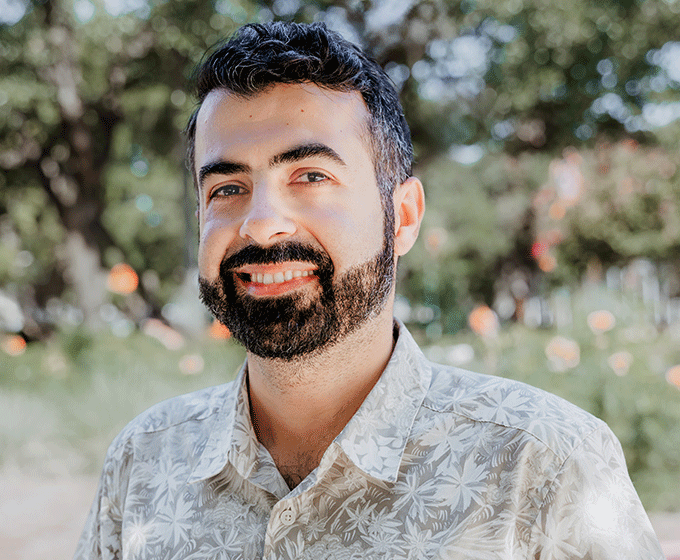
JANUARY 22, 2025 — Amir Karimi, assistant professor of management science and statistics, has focused his research endeavors in improving access to essential health care products in low- and middle-income countries.
While a typical supply chain issue may result in delayed product deliveries or inconveniences, within the health care sector the consequences can be dire, leading to adverse health outcomes and even death.
“A specific problem that I look at is shortages in health care items that are needed for individuals to remain healthy. Unfortunately, the lack of access to these health products is most widespread in parts of the world where the repercussions are more severe,” Karimi said.
In a recently published study in Manufacturing and Service Operations Management, Karimi applied econometric models on field data to evaluate contraceptive distribution models in Senegal, a low-income country in West Africa.
His work won the 2024 POMS College of Healthcare Operations Management Best Paper Competition. His study evaluated and compared two distribution models on last-mile contraceptive availability and key public health outcomes. The pull model, which is more commonly used in low-income countries, requires health facilities to manage their own inventory. In the informed push model, inventory management is delegated to external logistics providers.
“In Senegal they came up with the solution to relieve health care workers of these non-clinical responsibilities by using external providers to manage inventory,” Karimi said. “This model is good, but it is also very costly. We studied the benefits of this model, and whether it was worth the cost associated with it.”
Karimi found significant benefits in the informed push model from both an operational as well as a public health standpoint. These benefits were most pronounced at severely disadvantaged health facilities — those in remote areas with below-average inventory management capabilities. They were less salient for non-disadvantaged health clinics.
Further, the disadvantaged clinics experienced the most reduction in the workload for the health care workers, freeing up their time to focus on patient care.
“When I was working on my doctoral degree, I wanted to do something that was meaningful to me,” Karimi said. “My ultimate goal is uncovering actionable insights that public health organizations and governments can use to address inequities on a global stage.”
UTSA Today is produced by University Communications and Marketing, the official news source of The University of Texas at San Antonio. Send your feedback to news@utsa.edu. Keep up-to-date on UTSA news by visiting UTSA Today. Connect with UTSA online at Facebook, Twitter, Youtube and Instagram.
Move In To COLFA is strongly recommended for new students in COLFA. It gives you the chance to learn about the Student Success Center, campus resources and meet new friends!
Academic Classroom: Lecture Hall (MH 2.01.10,) McKinney Humanities BldgWe invite you to join us for Birds Up! Downtown, an exciting welcome back event designed to connect students with the different departments at the Downtown Campus. Students will have the opportunity to learn about some of the departments on campus, gain access to different resources, and collect some giveaways!
Bill Miller PlazaCome and celebrate this year's homecoming at the Downtown Campus with food, games, giveaways, music, and more. We look forward to seeing your Roadrunner Spirit!
Bill Miller PlazaThe University of Texas at San Antonio is dedicated to the advancement of knowledge through research and discovery, teaching and learning, community engagement and public service. As an institution of access and excellence, UTSA embraces multicultural traditions and serves as a center for intellectual and creative resources as well as a catalyst for socioeconomic development and the commercialization of intellectual property - for Texas, the nation and the world.
To be a premier public research university, providing access to educational excellence and preparing citizen leaders for the global environment.
We encourage an environment of dialogue and discovery, where integrity, excellence, respect, collaboration and innovation are fostered.